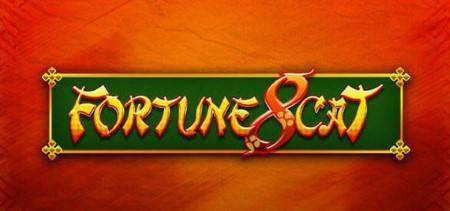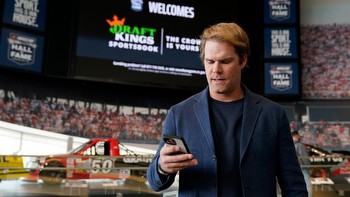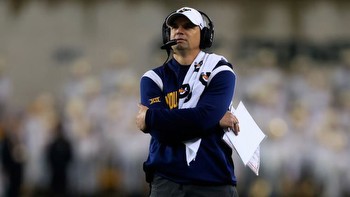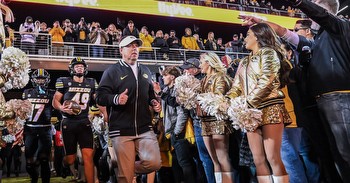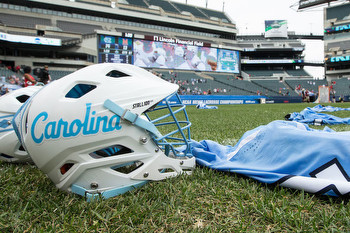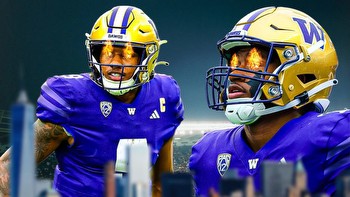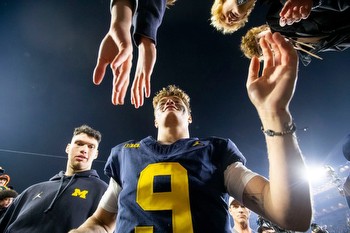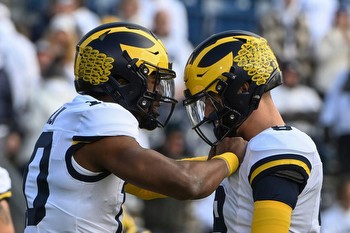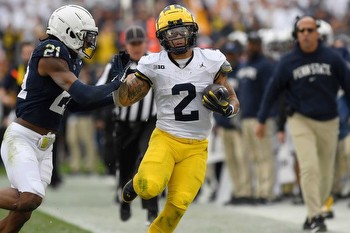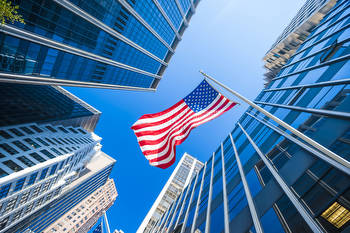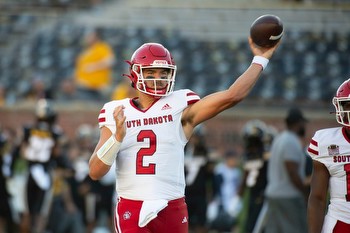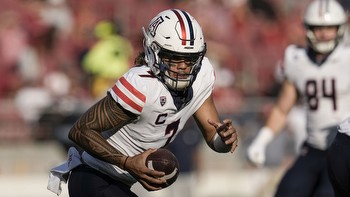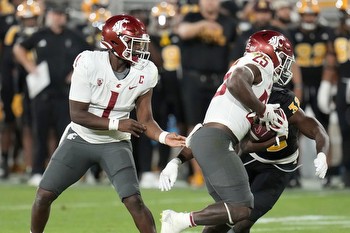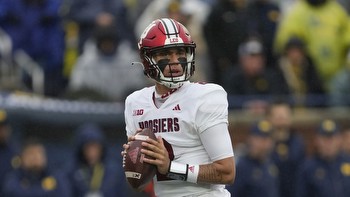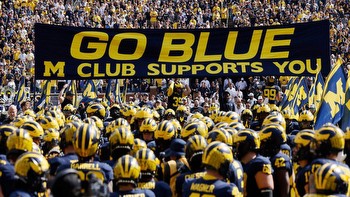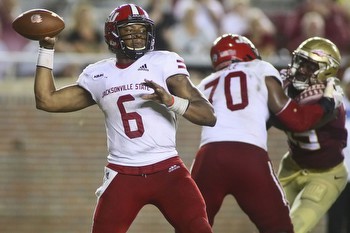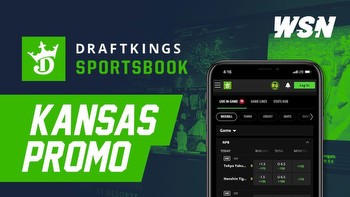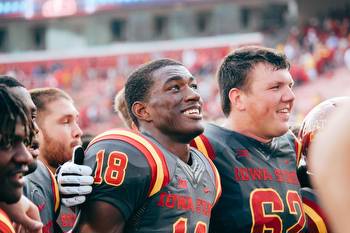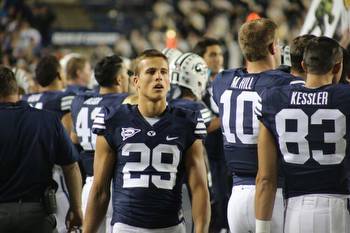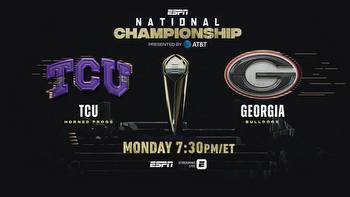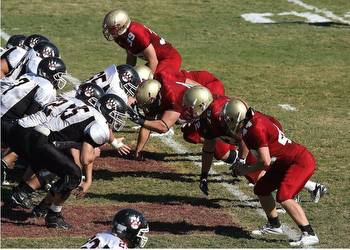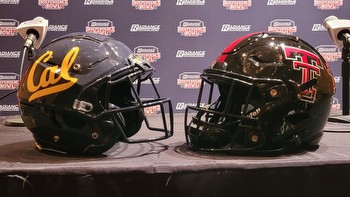NCAA approves helmet comms, tablets for college football bowl games
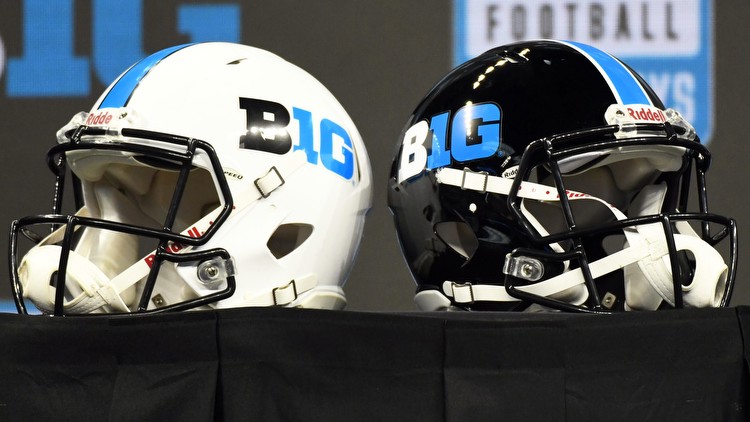
Talk of sign-stealing is all the rage in the college football world, but the practice may become a thing of the past in the near future.
The NCAA, infamously slow to adopt the technology used in the NFL for coaches to relay plays to players, passed a resolution over the summer that will allow the use of comms during non-College Football Playoff bowl games. As of last week, The Athletic reported those same games will also allow video review via tablets on the sidelines.
It was, in fact, the Big Ten that made the request to allow the communications before the teams in the conference began their alleged Cold War.
The addition of the comms is certainly a double-edged sword for those who like sideline hilarity: It means we'll lose Rutgers' multicolored shirts on the sidelines, but we might get some Tom Brady tablet-spiking shenanigans.
Why are helmet communications being allowed for bowl games?
The Big Ten proposed the addition of helmet communications prior to this season, which the NCAA rules committee did not approve for the regular season.
However, it is going to allow them on a trial basis during non-CFP bowl games in order to determine the possible effects of helmet communications. If only one conference had access to them in-season, it could create an unfair playing field.
But as bowl games are technically treated as exhibitions for the NCAA, they are a viable proving ground. One caveat is that both teams and their corresponding league offices have to agree to the use of comms.
Will helmet communications be permanent in NCAA?
Whether helmet comms are here to stay depends on the data collected during the trial period.
The NFL, of course, has plenty of information about how effective helmet communications are, and other leagues have adopted technology to replace manual signage. PitchCom in MLB has come with its warts but has largely been successful, for example.
Because bowl games mark the end of the year, the rules committee will have the summer to figure things out with helmet communications, video review, and their futures in the NCAA. Given the way this season has gone, there could be some urgency. If those rules get put into place, we'll see the focus move over to the logistics of such an endeavor for the NCAA.
